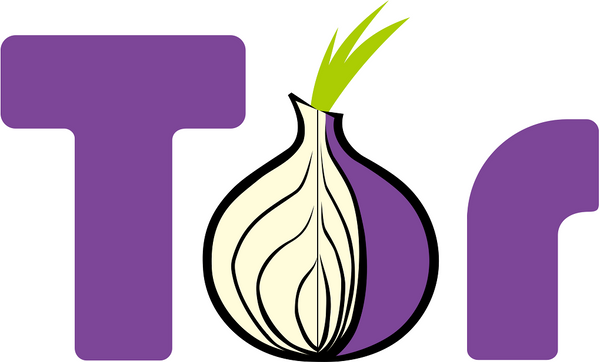Would you let Tor protect your fridge?

The software behind the Darkweb, which hides illegal activities from the law, is now ready to protect your home.
Following the considerable threat of IoT vulnerabilities and high risk of snoops, Tor Project contributor and Executive Director of The Guardian Project, Nathan Freitas, came up with a smart way of integrating Tor”s anonymity of the Onion protocol to protect networked connected devices.
“The Tor Project wants Tor privacy technology to be integrated into everyday life so that people don’t have to log on to it—their privacy and security are built in. Nathan’s work with Home Assistant is an early but important milestone,” said Shari Steele, Tor’s Executive Director.
Built on the open-source platform Home Assistant, which was built on Python and runs on Raspberry Pi or similar devices, the Tor Onion Service Configuration system is still experimental, but can protect any smart device, from baby monitors to home security and HVAC systems.
“Instead of a hackable, single point of failure, attackers must contend with the global network of thousands of Tor nodes.” The component that normally hides server locations will also prevent hackers from finding your infrastructure and launching cyber-attacks on your IoT network.
“Too many ‘Things’ in our homes, at our hospitals, in our businesses and throughout our lives are exposed to the public Internet without the ability to protect their communication. Tor provides this, for free, with real-world hard ended, open-source software and strong, state of the art cryptography,” said Freitas.
tags
Author
After having addressed topics such as NFC, startups, and tech innovation, she has now shifted focus to internet security, with a keen interest in smart homes and IoT threats.
View all postsRight now Top posts
How to Protect Your WhatsApp from Hackers and Scammers – 8 Key Settings and Best Practices
April 03, 2025
Outpacing Cyberthreats: Bitdefender Together with Scuderia Ferrari HP in 2025
March 12, 2025
Streamjacking Scams On YouTube Leverage CS2 Pro Player Championships to Defraud Gamers
February 20, 2025
How to Identify and Protect Yourself from Gaming Laptop Scams
February 11, 2025
FOLLOW US ON SOCIAL MEDIA
You might also like
Bookmarks








